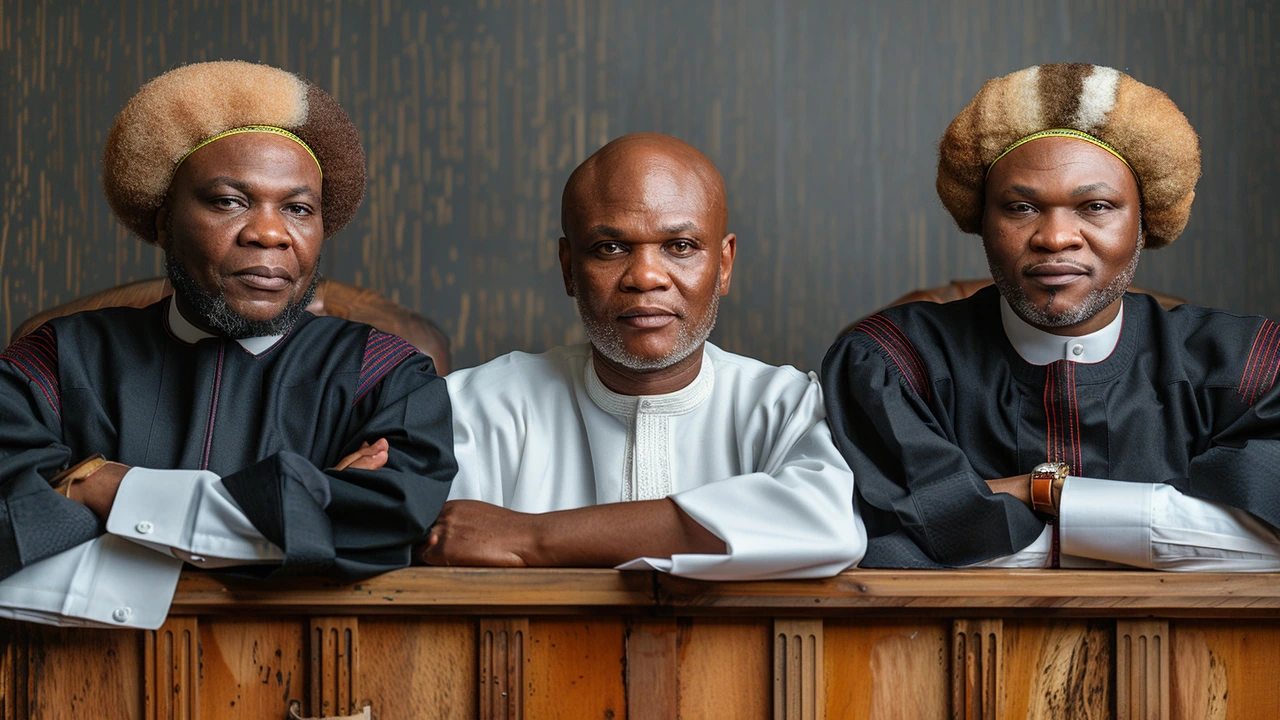Terrorism Charges Explained: Key Facts and Impact in Africa
If you’ve heard the term "terrorism charges" on the news and wonder what it actually means, you’re not alone. In many African countries these charges can affect everything from court cases to everyday life. Below we break down how they work, why they matter, and what you should watch for.
How Terrorism Charges Are Filed
First off, a terrorism charge is a criminal accusation that someone helped plan or carry out violent acts meant to spread fear. Police usually start with an investigation, gathering evidence like phone records, witness statements, and video footage. When they think there’s enough proof, the prosecutor files a formal charge.
The legal language can sound heavy, but the basics are simple: the accused is alleged to have taken part in or supported a terrorist act. In South Africa, for example, the Terrorism Act of 2004 defines the crime and sets out penalties that can reach life imprisonment. Other countries follow similar statutes, each with its own details about what counts as terrorism.
Once the charge is filed, the court schedules a bail hearing. Bail decisions often consider the risk of the person fleeing or committing more violence. In many cases, judges deny bail because the alleged offenses are seen as severe threats to national security.
Impact on Communities
A terrorism charge isn’t just about one person; it can ripple through families and neighborhoods. When someone is arrested, their relatives may face stigma or lose jobs. Schools and workplaces sometimes tighten security measures, which can feel intrusive for everyday folks.
On the flip side, successful prosecutions send a message that violent extremism won’t be tolerated. Communities often see increased cooperation with law enforcement, especially when authorities run awareness programs about radicalisation signs.
It’s also worth noting that some critics argue certain terrorism laws are used to silence political dissent. That’s why many NGOs push for clear definitions and fair trial standards. Knowing your rights—like the right to legal representation and a public hearing—helps keep the process balanced.
In practice, most people never encounter these charges directly. But staying informed helps you understand headlines and protect yourself if you ever need to navigate the system. If you or someone you know is facing terrorism charges, reaching out to a qualified lawyer early on can make a big difference.
Bottom line: terrorism charges are serious accusations that trigger a fast‑track legal process aimed at protecting public safety. They affect not just the accused but also families and whole communities. By keeping an eye on how these cases unfold, you stay ahead of the story rather than being swept up by it.
Nnamdi Kanu Expresses Willingness to Negotiate with Nigerian Government Over Terrorism Charges
Nnamdi Kanu, leader of the Indigenous People of Biafra (IPOB), has shown openness to negotiating with the Nigerian government concerning the terrorism charges against him. This announcement was made in court, potentially marking a shift in Kanu's legal fight that began with his extradition from Kenya in 2021. While specifics remain unsaid, this development raises interest in the ongoing trial.

